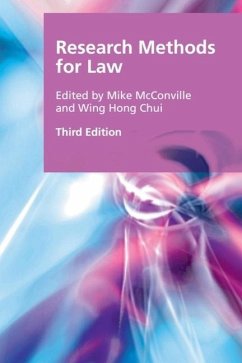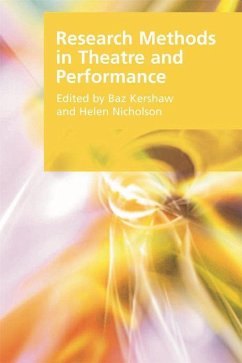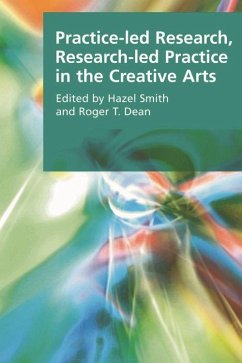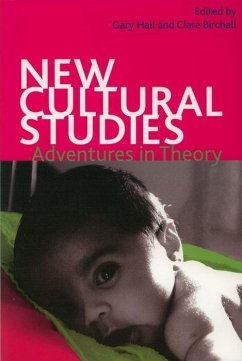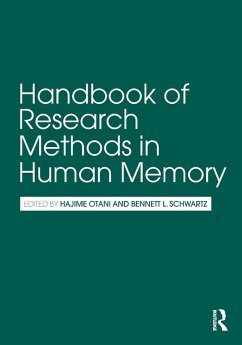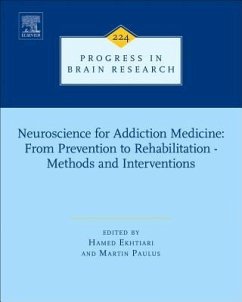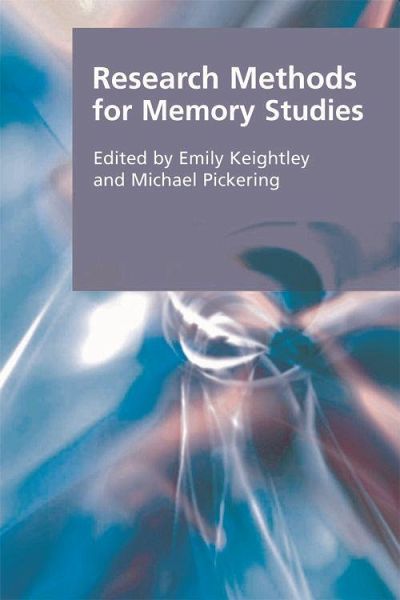
Broschiertes Buch
Research Methods for Memory Studies
Versandkostenfrei!
Versandfertig in 2-4 Wochen

PAYBACK Punkte
20 °P sammeln!




The first practical guide to research methods in memory studies. This book provides expert appraisals of a range of techniques and approaches in memory studies, and focuses on methods and methodology as a way to help bring unity and coherence to this new field of study.
Dr Emily Keightley is Senior Lecturer in the Department of Social Sciences at Loughborough University. Her research interests include the mediation of memory, time and everyday life. As well as recent articles on memory and methodology, generational transmission and painful pasts, she has published the edited collection Time, Media and Modernity (2012) and has co-authored The Mnemonic Imagination (2012) with Michael Pickering. She is assistant editor of the journal Media, Culture and Society. Professor Michael Pickering teaches in the Social Sciences at Loughborough University. His most recent books include Researching Communications (2007); Blackface Minstrelsy in Britain (2008); Research Methods for Cultural Studies (2008); Popular Culture, a four-volume edited collection (2010). Rhythms of Labour: The History of Music at Work in Britain, co-written with Marek Korczynski and Emma Robertson, will appear in May 2013, published by Cambridge University Press.
Produktdetails
- Research Methods for the Arts and Humanities
- Verlag: Edinburgh University Press
- Seitenzahl: 264
- Erscheinungstermin: 31. Mai 2013
- Englisch
- Abmessung: 233mm x 156mm x 20mm
- Gewicht: 404g
- ISBN-13: 9780748645954
- ISBN-10: 0748645950
- Artikelnr.: 37246621
Herstellerkennzeichnung
Libri GmbH
Europaallee 1
36244 Bad Hersfeld
gpsr@libri.de
Für dieses Produkt wurde noch keine Bewertung abgegeben. Wir würden uns sehr freuen, wenn du die erste Bewertung schreibst!
Eine Bewertung schreiben
Eine Bewertung schreiben
Andere Kunden interessierten sich für


